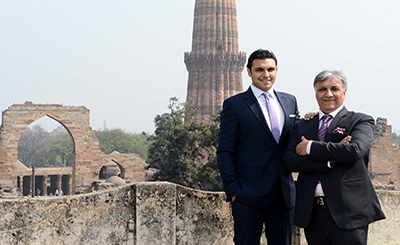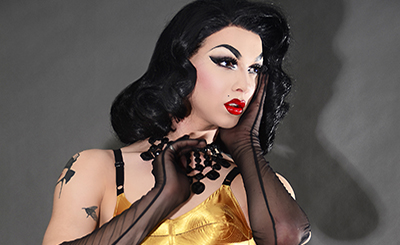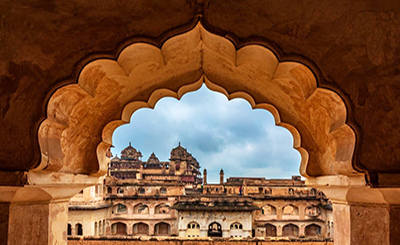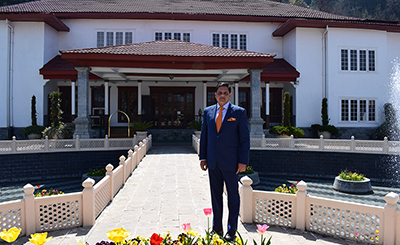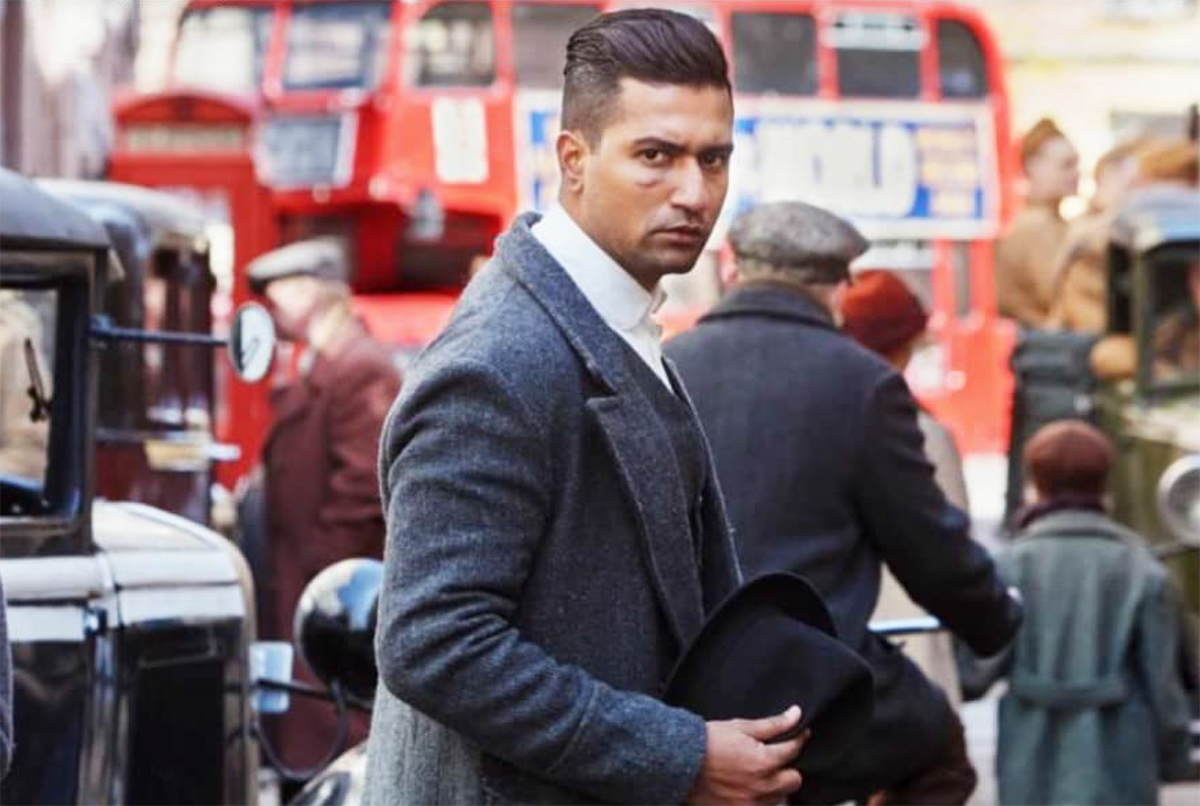
A still from Shoojit Sircar’s Sardar Udham
“Is it quiet out there?” Reginald Dyer (played by Andrew Havill), the man who ordered the firing at Jallianwala Bagh, asks his minions. He says he’s done the right thing. His eyes tell another story.
Why do people kill? What lives on when you have killed? How do you convince yourself of its worthiness? How do you live with yourself? Sardar Udham, which grapples with all these questions, is an earnest film that shall sit with poise in Shoojit Sircar’s and Vicky Kaushal’s (increasingly nice) filmography. It has its heart in the right place. Of course, this film is neither about killing General O’Dwyer, nor about Udham Singh, the titular martyr who murdered him in retaliation for the massacre. It’s about a people and their life and times. Highly macabre life and times.
The effort not to let the film become lowbrow nationalist is apparent. Understatement is rife: Udham Singh (Vicky Kaushal) cries at multiple points, but it doesn’t hardwire you to the protagonist in the same way as Shah Rukh Khan’s tears do in Swades’ memorable scene with a train and a cup full of water to drown it. And yet, the film is highly melodramatic in some key portions, such as the sentencing hearing, and other places dotted all the way throughout. The most interesting point of the non-linear narration is the killing of General O’Dwyer. I found that scene to be well executed. Udham Singh has all the motivation to kill. He carries an overlarge book to a lecture hall where O’Dwyer is droning about British exploits in India and the White Man’s Burden. Non-confrontational people like yours truly would have a thing or two to say to this man, but not Udham Singh. His book conceals a pistol. He opens fire, kills O’Dwyer point blank, and shoots at a couple other British officers. There is an almost animal-like energy that would soar through some viewers. Of repulsion at the pool of blood, but also of admiration at his gumption.
Unfortunately, spoiler alert, this happens 30 minutes into the film.
I certainly wasn’t expecting a Day of the Jackal-style narrative, but when a director brings out the big guns (or a Small Gun) so early in the film, you expect the rest of it to live up to it if not transcend it. It does, sometimes, transcend it. The last half-hour of the film depicts the Jallianwala massacre. It plays like a documentary and is unpleasant to watch. You flinch, but your eyeballs are glued. The massacre is infamous in part due to the extended firing; to this film’s credit, the firing is captured to feel exactly as long. Thus, bookended by two murders, the film travels from A to B, often meandering, sometimes meaningfully. One wonders if the film would have been better if the bookends had been reversed, and the film had been largely linear.
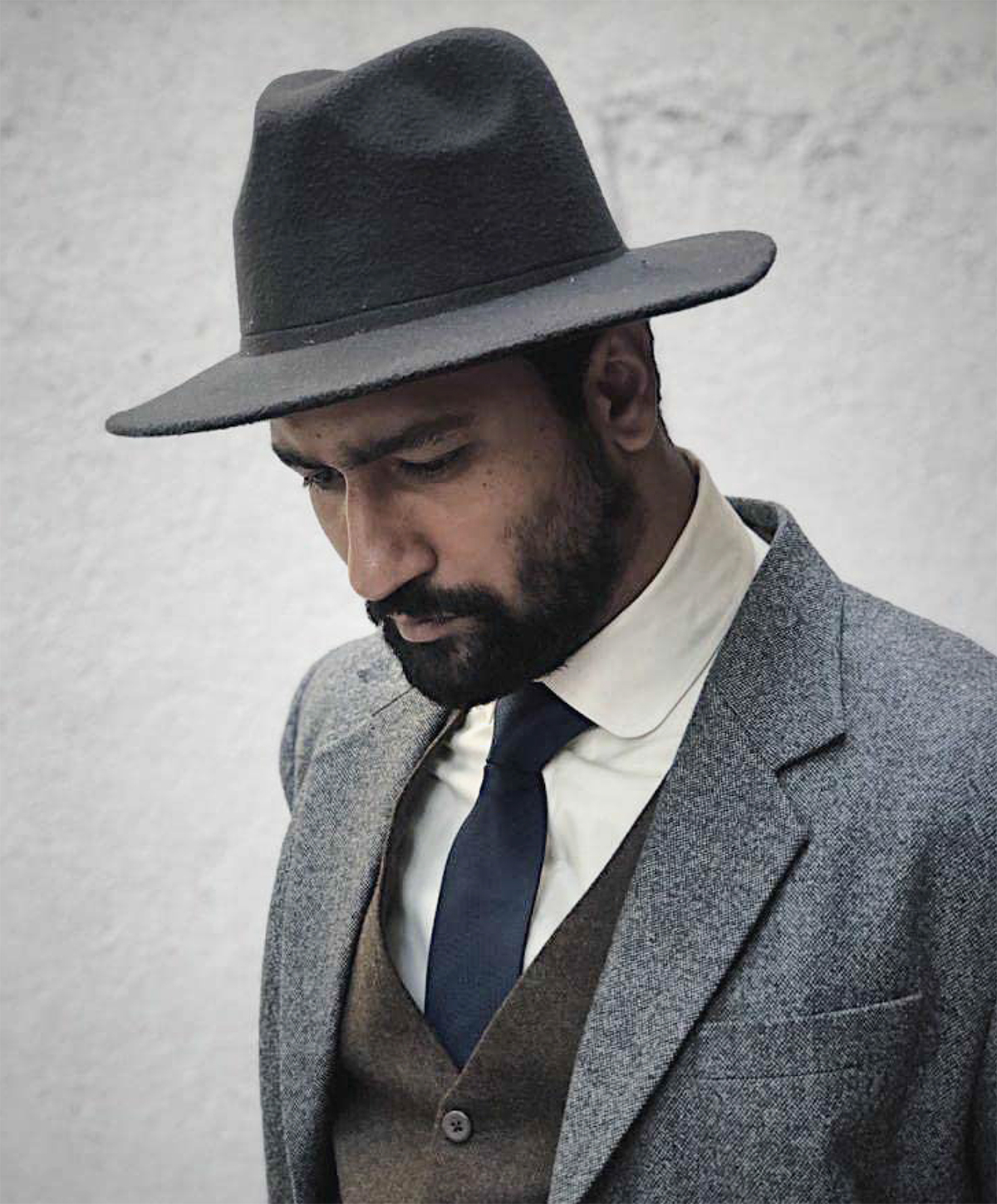
After The Killing, which is what Sardar Udham is mostly known for, the film seems to be in freefall. It picks up instantly with the British side of things. Freefall, because when the film ventures into the reasons behind the murder, it gives the scholars of Indian history a chance to scoff. Why did he kill him? But, of course. . .! Maybe it was because Udham Singh had survivor’s guilt? Maybe he just wants to avenge the coldblooded murder of his compatriots? The British are at pains to declare that Udham Singh is no rebel, and is a lunatic on the loose who killed O’Dwyer for no real purpose. Essentially a colonial PR exercise, they do it so that the notion of Rebellion and Rebellious Indians doesn’t make news. “We don’t want to appear weak,” King George VI points out, almost shaking with fright. Udham Singh tells us, over and over, how the British are an imperialist-capitalist regime, and the massacre was an instance of their exploitative ways.
He doesn’t hate the British, nor their nation, but despises their imperialist, exploitative ways. This is certainly an authentic way of looking at things without resorting to jingoism. If it sometimes rings false it is perhaps Kaushal is too young for a role written for the late Irrfan Khan (may he rest in peace). Why did Sardar Udham kill O’Dwyer? The answer seems to be staring us in the face, but this film attempts to nuance it. “You weren’t even there!” a British inspector who warms up to Udham asks him. He wasn’t there when the massacre took place, but he did assist in rescuing the mortally wounded. The horror of this particular scene is eerie, and I won’t describe it lest I choke up.
The material on Udham Singh is scarce. As a result, his relationships with Bhagat Singh (a trying Amol Parashar, who certainly looks the part), Reshma (an effervescent, if underserved, Banita Sandhu) and Eileen Palmer (Kirsty Averton) are disjointed to a fault. It’s a scrapbook put together non-linearly to partly hide its blemishes, but the back-and-forth through the present and flashbacks takes away from the human drama. This is a film heavy with monologues (Udham Singh speaks only so much as is impossible to convey through gestures), just as Swades (2004) was. It is also filled with traumatic flashbacks that the protagonist wakes up from; one is reminded of Bhaag Milkha Bhaag (2013). And the film feels a little dragged-out in places, similar to the films mentioned above. Sincerity of purpose is a good thing, but sometimes a little tempering is essential to bring it out effectively. One ends up feeling exhausted by the experience, and not in a good way.
Does the film rest on Vicky Kaushal’s shoulders? Largely. He is splendid in his brooding stares, in his conversations with an Englishman who shall remain unnamed. His physicality speaks volumes, and his tears are honest. It’s in broken English, which feels like an affectation, and in some dialogue that just doesn’t fit the scene, try as you may, that he is ineffective. Udham Singh looked at the English through a Communist gaze — which is just as fine as looking at it through an antagonistic, personal, vendetta-inspired gaze — but a little subtlety in his lines would have done the film wonders. It gets a little jarring when his character in the film screams about his motivations in a court. Perhaps I’m being a little cynical — maybe Udham Singh was being exactly as earnest about his message as Sircar is about his. Kaushal practically glows in the little moments, such as taking a laddoo at three crucial points in time.
The English supporting cast is an interesting choice, and the bunch is very effective. The cinematography is excellent. It is mostly bleak and sometimes seems helpless, distant from the horror unfolding before it, as if unable to take in the absurdity of it all. The set design is detailed and meticulous, though experts might want to alter some props by decades, give or take, not that I care. What stayed with me was how some people manage to have enough resolve to not break down after being tortured overmuch. Perhaps it takes an extrapersonal, national, notional motivation. Perhaps it takes a Sardar Udham.
More from Culture
Comments
*Comments will be moderated






